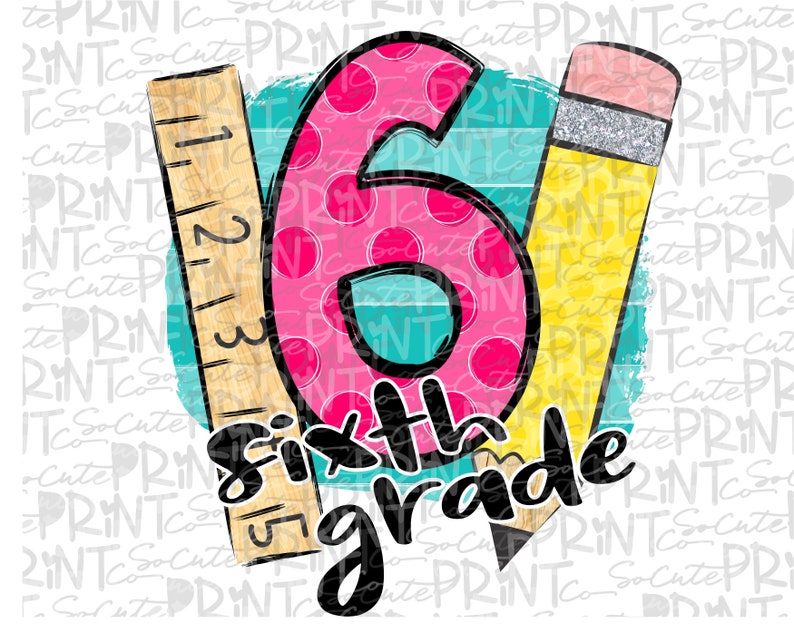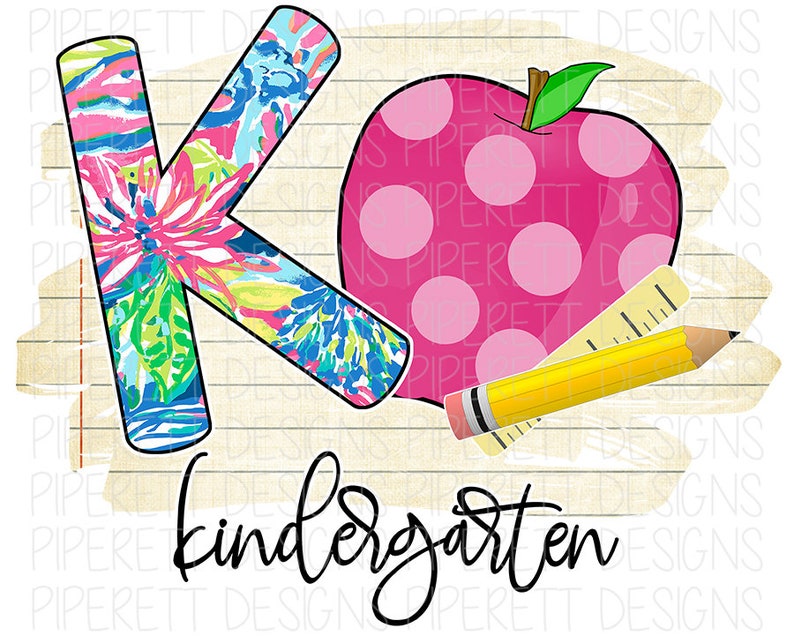- 📃SELF-EVALUATION 1º 👉CLICK HERE👈
- 📃SELF-EVALUATION 2º👉CLICK HERE👈
- 📃SELF-EVALUATION 6º👉CLICK HERE👈
- ACTIVITY COMPLETE SONG👉SONG👈
Numbers
El verbo To Be El verbo ‘To be’ tiene una importancia especial
en inglés. Se corresponde a los verbos españoles “ser” y “estar”. Dependiendo
del sentido de la frase deduciremos de cuál de los dos se trata.
I am English / Soy inglés
I am in England / Estoy en Inglaterra
Tiene algunos usos especiales distintos a sus equivalente en
español.
· Sirve para expresar la
edad, en cuyo caso se traduce por ‘tener’:
Mary is 20 years old / Maria tiene 20 años
I am 21 / Yo tengo 21 años How old are you? / ¿Cuántos años
tienes?
· Para
expresar las sensaciones también se emplea el verbo ‘to be’ y equivale al
‘tener’en español.
Are you hungry? / ¿Tienes hambre?
He is thirsty / Tiene sed
·
También para hablar sobre el tiempo atmosférico. En este caso se traduce por
‘hacer’
It’s windy / Hace
viento
It’s very cold / Hace
mucho frío
👉👈

Comparatives are used to compare and clarify the difference between two nouns. In other words, comparative adjectives are used when two persons or objects being compared.
Adjectives are words that describe the qualities or states of being of nouns: enormous, doglike, silly, yellow, fun, fast. They can also describe the quantity of nouns: many, few, millions, eleven.
1. Form the comparative forms of a one-syllable adjective by adding –er.
Examples:
2. If the one-syllable adjective ends with an e, just add –r for the comparative form.
Examples:
3. Add –er to adjectives that end in consonant-vowel-consonant and double the last consonant.
Examples:
1. With most two-syllable adjectives, you form the comparative with more.
Examples:
2. If the two-syllable adjectives ends with –y, change the y to i and add –er for the comparative form.
Examples:
3. Two-syllable adjectives ending in –er, –le, or –ow take –er to form the comparative forms.
Examples:
Add more to adjectives that has 3 or more syllables.
Examples:
NOTE: When comparative adjectives are used, the word “THAN” appears after the adjective.
List of affirmative and comparative adjectives in English.
| Examples of Comparative Adjectives | |
| Affirmative | Comparative |
| slow | slower |
| fast | faster |
| cheap | cheaper |
| clear | clearer |
| loud | louder |
| new | newer |
| rich | richer |
| short | shorter |
| thick | thicker |
| old | older |
| tall | taller |
| large | larger |
| wide | wider |
| wise | wiser |
| nice | nicer |
| big | bigger than |
| fat | fatter than |
| fit | fitter than |
| polite | more polite than |
| helpful | more helpful than |
| useful | more useful than |
| obscure | more obscure |
| hungry | hungrier than |
| happy | happier than |
| pretty | prettier than |
| heavy | heavier than |
| angry | angrier than |
| dirty | dirtier than |
| funny | funnier than |
| narrow | narrower than |
| shallow | shallower than |
| humble | humbler than |
| gentle | gentler than |
| clever | cleverer than |
| interesting | more interesting than |
| comfortable | more comfortable than |
| beautiful | more beautiful than |
| difficult | more difficult than |
| dangerous | more dangerous than |
| expensive | more expensive than |
| popular | more popular than |
| complicated | more complicated than |
| confident | more confident than |
| good | better than |
| bad | worse than |
| far | farther than |
| little | less than |
| much/many | more than |
| stupid | less stupid than |
Complete the adjective form.
PRACTICE 1
Practice 2.
Make the comparative form. If it's possible, use 'er'. If not, use 'more'.
1) Dogs are __________________________(intelligent) than rabbits.
2) Lucy is __________________________(old) than Ellie.
3) Russia is far _______________________(large) than the UK.
4) My Latin class is ______________________(boring) than my English class.
5) In the UK, the streets are generally _____________________(narrow) than in the USA.
6) London is __________________________(busy) than Glasgow.
7) Julie is __________________________(quiet) than her sister.
8) Amanda is ________________________-(ambitious) than her classmates.
9) My garden is a lot ________________________(colourful) than this park.
10) His house is a bit _______________________-(comfortable) than a hotel.
EJERCICIOS PARA REFORZAR Y PRACTICAR.
Animals’ body parts:👉Activity 1👈
Explanation👉Presentation comparatives👈
VIDEOS COMPARATIVE EXPLANATIONS
| VOCABULARY POSTER Examples Daily Activities |
0° 1° 2° 5° 7° 👪 Un saludo fraterno para todos ,deseando se encuentren muy bien. .👪 BIENVENIDOS ESTUDIANTES Y PAPITOS DE 0° 1° 2°...
